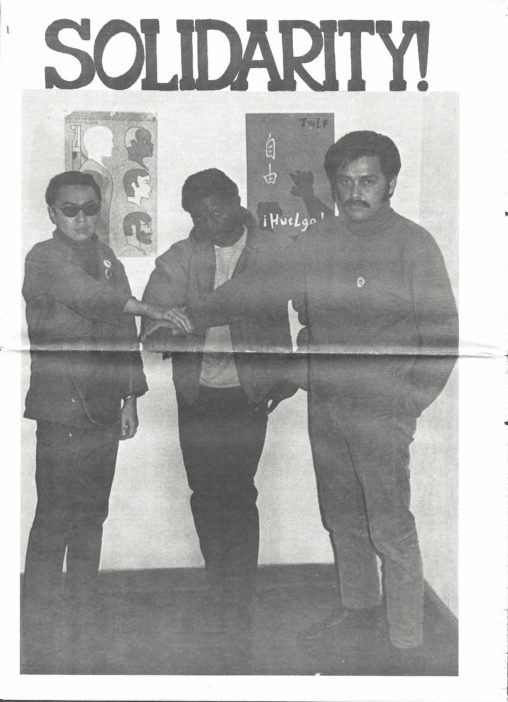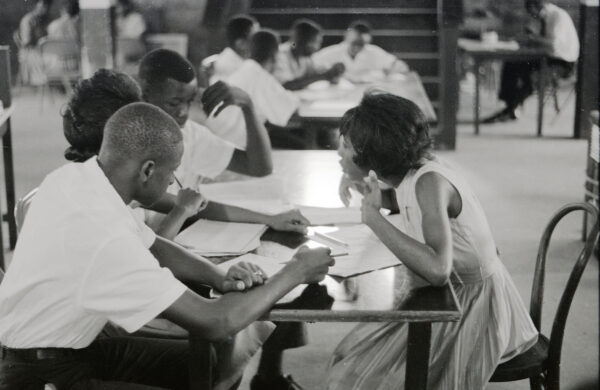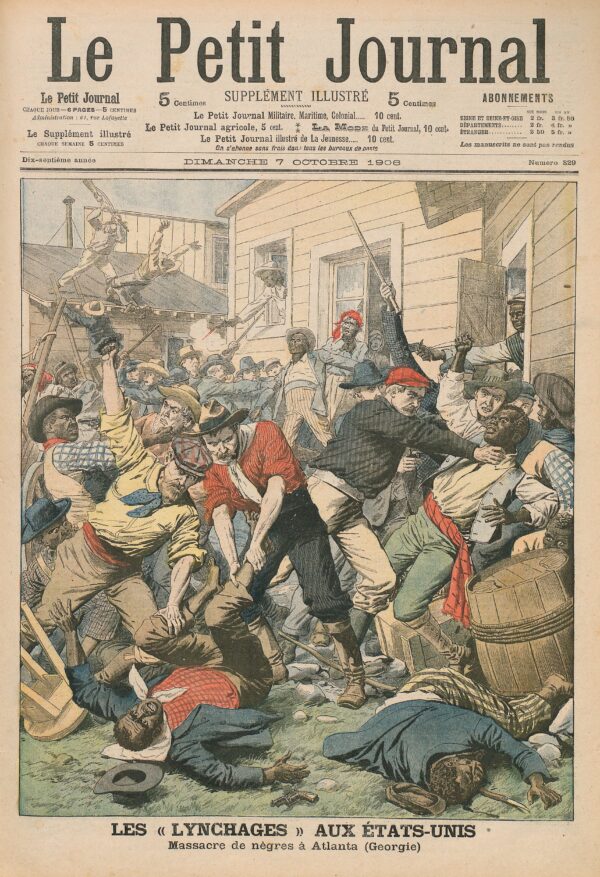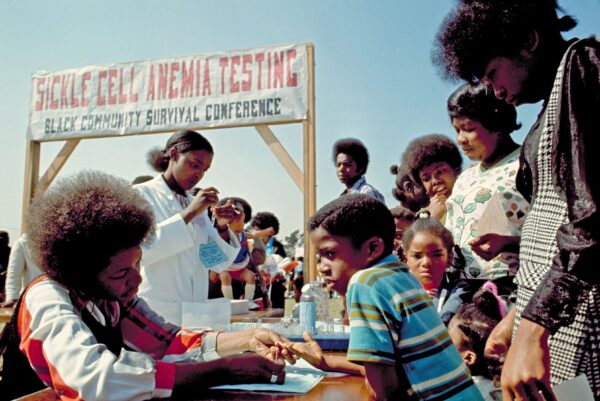Georgia
SSUSH21: Analyze U.S. international and domestic policies including their influences on technological advancements and social changes during the Kennedy and Johnson administrations.
L9-10RHSS2 and L11-12RHSS2: Determine the central ideas or information of a primary or secondary source; provide an accurate summary of how key events or ideas develop over the course of the text.
L9-10RHSS6 and L11-12RHSS6: Compare the point of view of two or more authors for how they treat the same or similar topics, including which details they include and emphasize in their respective accounts.
L9-10RHSS9 and L11-12RHSS9: Compare and contrast treatments of the same topic in several primary and secondary sources.
L9-10WHST1 and L11-12WHST1: Write arguments focused on discipline-specific content.
L9-10WHST7 and L11-12WHST7: Conduct short as well as more sustained research projects to answer a question (including a self-generated question) or solve a problem; narrow or broaden the inquiry when appropriate; synthesize multiple sources on the subject, demonstrating understanding of the subject under investigation.



